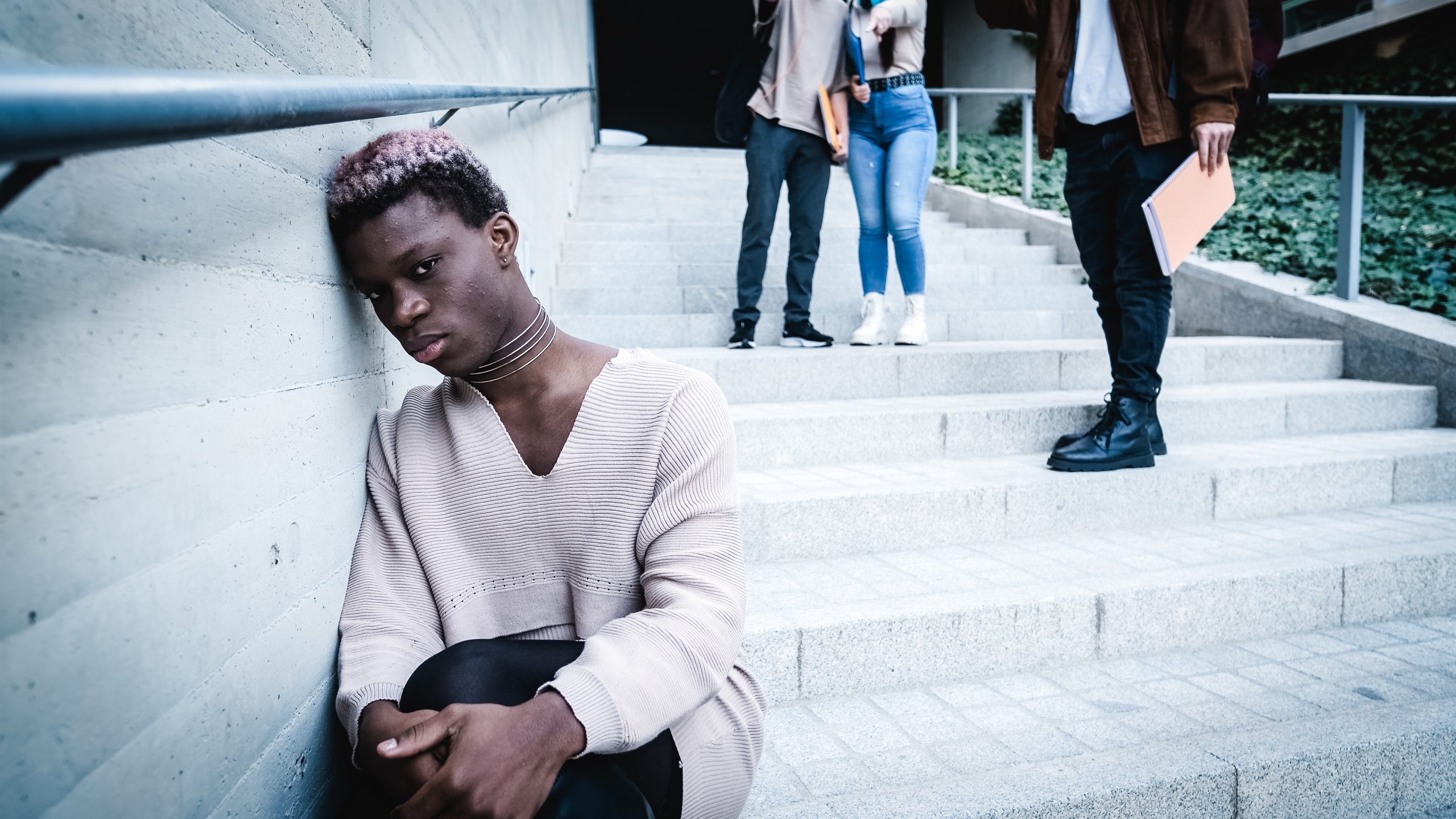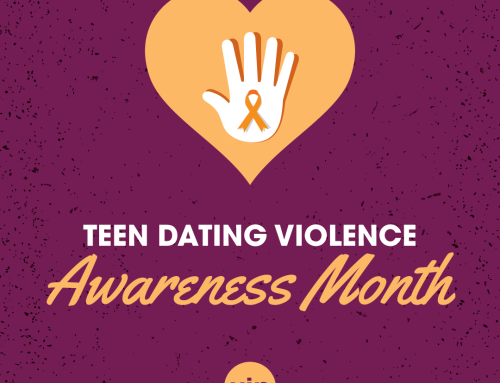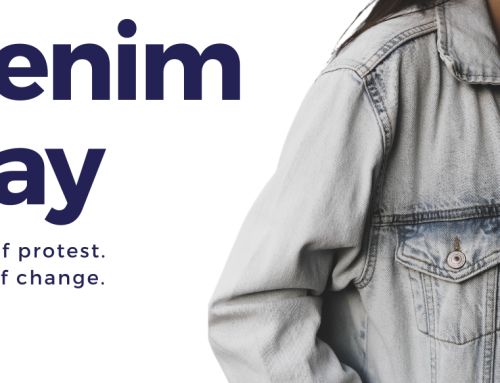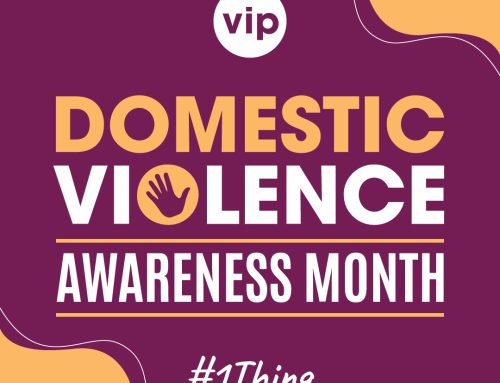Due to the very nature of victimizing crimes such as sexual assault and domestic violence, minority groups, such as those in the LGBTQ+ community (Lesbian, Gay, Bisexual, Transgender, Queer/Questioning and more), are disproportionately affected. According to Census data, eight percent (8%) of the 12.96 million Pennsylvanians counted in 2020 identify as a member of the LGBTQ+ community. That’s over a million individuals just in PA.
Data from the CDC’s National Intimate Partner and Sexual Violence Survey found that 44 percent of lesbians and 61 percent of bisexual women experience rape, physical violence or stalking by an intimate partner as compared to 35 percent of straight women. Similarly, 26 percent of gay men and 37 percent of bisexual men experience the same transgressions as compared to 29 percent of straight men. Transgender persons and bisexual women experience the most sexual violence in their lives, often starting during childhood. A 2015 study showed that 47% of transgender individuals are sexually assaulted at some point in their lives.
Within the 2022 calendar year, VIP aided 30 individuals who identified as LGBTQ+, three of which identified as transgender. This community is very much a part of our community.
Intimate partner violence and sexual assault occur due to one party asserting their power and control over another. As such, members of already disempowered communities, such as those who identify as LGBTQ+, are most frequently the ones targeted.
Southern Poverty Law Center, a civil rights law group, has identified 30 distinct hate groups within Pennsylvania as of 2021. This is the fifth highest number nationwide behind California (65), Florida (53), Texas (52), and New York (35). Of those 30, eight groups have a generalized hatred and one specifically targets the LGBTQ+ community.
The presence of groups like these and generalized animosity toward LGBTQ+ individuals in many rural areas such as ours creates an atmosphere where it can be difficult for them to for a strong support network. They may be isolated from others. They may be afraid to share or express their sexual orientation or gender identity. This gives an abuser leverage to exploit.
Our community can help take that leverage away by being more welcoming and open to LGBTQ+ individuals. Ginny Dikeman, a licensed psychologist with the PA Office of Mental Health and Substance Abuse Services and a founder of the Keystone Pride Recovery Initiative, spoke in March about creating welcoming spaces and supportive services for LGBTQ+ persons. A key takeaway from her presentation was that it is imperative for those in the greater community, especially those in human service sectors, to learn how they can identify and overcome their biases. By putting aside preconceived notions and beliefs, one is better able to assist another of a different background.
It’s critical for our community to remember that people are people regardless of their sexual orientation or gender identity/expression. They deserve to be treated with the same respect and caring as anyone else. And until they are, they will continue to be disproportionately victimized.





